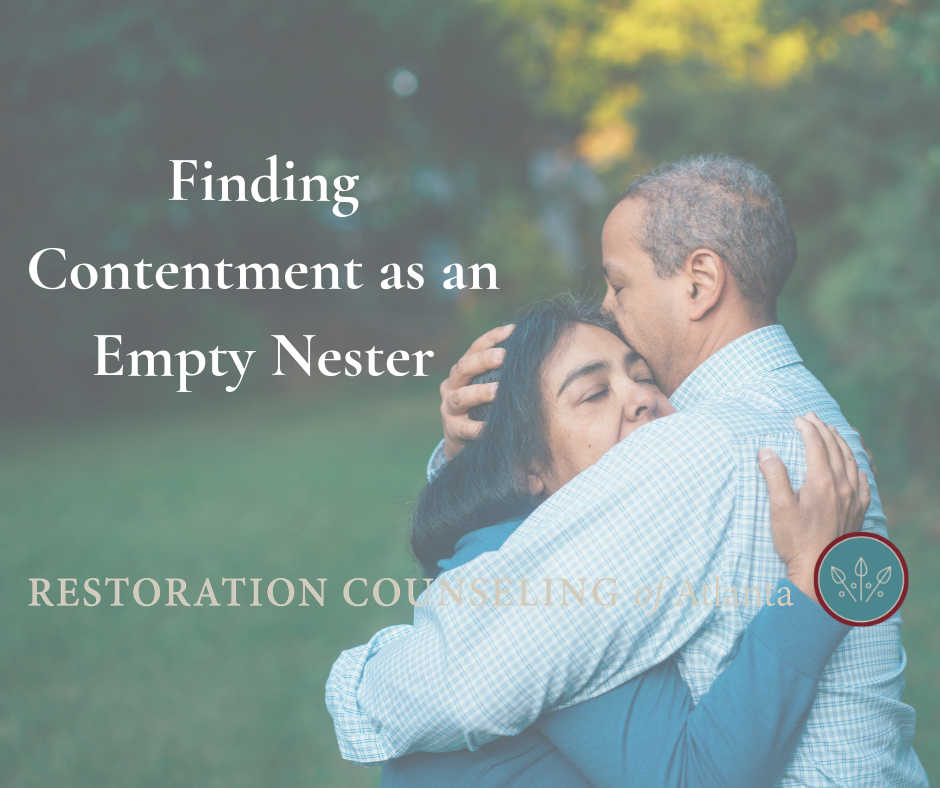What comes up for you when you hear the term “empty nest?” If you’re currently knee deep in sippy cups, this is the farthest thing from your mind. With teenagers, you’re probably very busy keeping up with all the activities of life. If you are at a stage where you see the idea of your home soon being devoid of children for the first time in a long time, you may be realizing that this experience is different than what you thought it would be. No matter what stage you identify with right now, I think this article can speak to you…
There are three perspectives that are important for parents to keep in mind. These apply whether you are just starting out on the parenting journey or are nearing the end of that season. The three perspectives or roles we must consider are how we see us, we, and me in the family dynamics.
The Us View
In terms of the “us” view, it is helpful to ask, “Do I see my parental role as one of ownership or one of stewardship? An ownership perspective sees our children as an extension of who we are. This perspective acts as a validation of whether we’ve done a good job as their parent. It tends to centralize the child. This view holds onto control for fear that this independent, separate human being might not live up to all the hopes and dreams that have been invested in them. It tends to equate our blood, sweat, and tears with an unacknowledged payback in terms of our happiness. A stewardship view is able to see parenting as a process of gradual transference of age-appropriate responsibilities. This view knows that those choices may not reflect the choices of the parent. It only centralizes the child in terms of needs that are truly beyond the child’s ability to manage. It challenges the child to become more independent and detached from the family in a healthy way.
The We View
The “we” view in parenting keeps the marriage as a priority. This view fights against letting marriage fall to the back burner, even when the demands of parenting make it easy to say “When the kids leave, we’ll reconnect.” If the ownership view is adopted, this child-centered view is a natural by-product as our personal responsibilities, identities, happiness, and self-esteem become centered in the child(ren). Children need the safety of knowing that they are not powerful or important enough to re-structure something that God has ordained like a marriage. Here it is helpful to ask, “has my relationship with my partner come second to my relationship with my child?”
The Me View
The “me” aspect looks again at identity, value, and role. Is there a balance in being a parent while maintaining my own identity and cultivating my own unique gifts and talents? Do I have interests that are being expressed outside my parental role?
Each of these aspects can be guideposts to either prepare us for a healthier outcome when that stage occurs or to help us get back on track if we see that we have veered. No matter the stage or place we find ourselves, knowing we’re not alone is paramount. Reach out to a friend or to us, we’re here to help you walk the journey of parenting.
 Written by: Debbie Turner, MAMFT, LPC
Written by: Debbie Turner, MAMFT, LPC
debbiet@restorationcounselingatl.com, ext. 157
Roswell Location
Debbie Turner received her Master’s in Marriage and Family Therapy from Richmont Graduate University; an academically sound, Christ-centered program. She is passionate about helping individuals and couples learn new ways of connecting with Christ and others to facilitate healing, transformation, and restoration.
Debbie has also completed training from Postpartum Support International. She is qualified to assess and treat women struggling with issues like depression, anxiety, anger, intrusive thoughts, or repetitive behaviors that can occur during pregnancy or after delivery.

